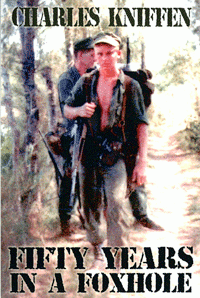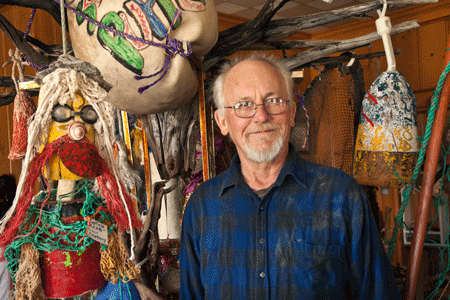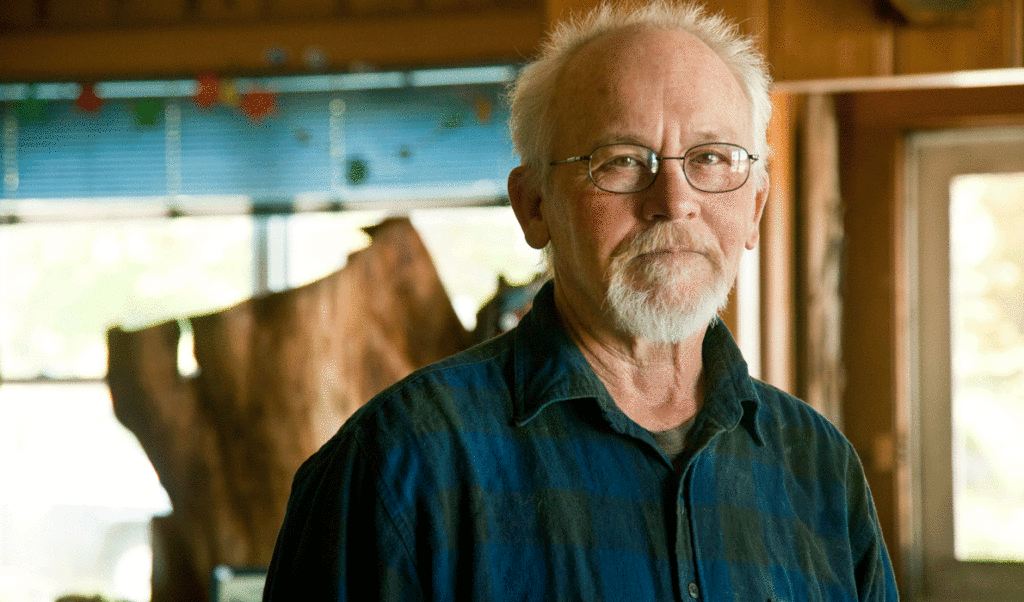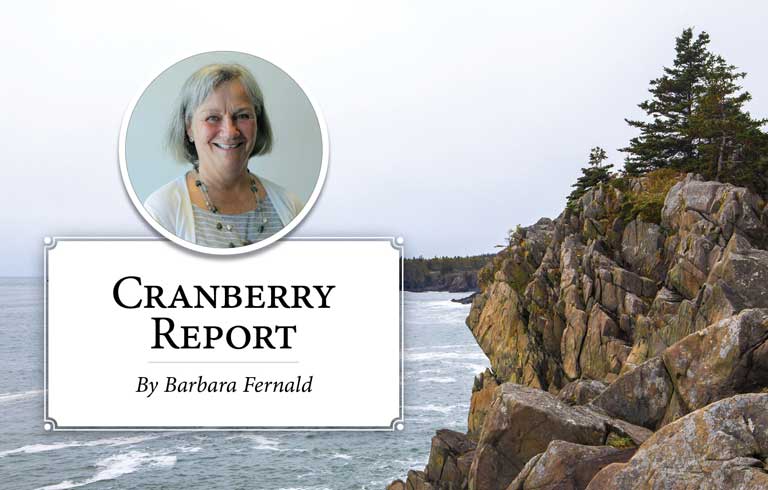As I approach 60, I’ve adopted a new understanding of memory. As a younger man, I believed memories were accessed by traveling back along a road—to get to those teen years, I had to travel the distance through my 20s.
Today, I am convinced that memories are spokes on a wheel and I am the hub. The journey to a high school emotional trauma is the same distance as a jaunt to a wonderful summer afternoon a decade ago.
Charles “Chuck” Kniffen’s memoir, Fifty Years in a Foxhole, bears out my theory. Ostensibly, it’s about his experiences in Vietnam during the war. He served for seven months in 1966, ending with being shot in the abdomen and shoulder during a fire fight. There are many vivid descriptions of terrifying moments of conflict, the absurdity of military operational procedures, and the mind-numbing drudgery of sitting in the jungle, listening for enemy action.
But Fifty Years in a Foxhole rises above other war memoirs in part because Kniffen, who has lived in Maine, on and off, and now lives in Lubec, weaves threads from his peripatetic later life through the war narrative. So an early scene has him sleeping in a tent with his wife during a Florida downpour, only to have the text whiplash into the jungles of Vietnam. Without having to hammer home the point, this is the experience of post-traumatic stress disorder, to which the title cleverly refers.
I met Kniffen earlier this year at the gallery he and his wife Rhonda Welcome operate in Lubec, Turtle Dance Totems, which he describes as “a sea-junk assemblage art studio.” They’ve lived in the Washington County town since 2012.
He said the Florida rainstorm triggered the book.
“I had a flashback, basically,” he recalled. “It just came out in a burst,” as he wrote over the course of a year. He also has been meeting with fellow veterans each week in Machias.

Fifty Years in a Foxhole
Kniffen, 71, renders his post-war life with the same wry, detached, but perceptive prose that captures the hot, sticky nights in Vietnam. Just as a reader can hear the mosquito buzzing and what may be the plop, plopping of enemy troops creeping along a stream in 1966, so, too, is the sensory connection just as vivid in his account of a weird road trip to Mexico, the crunching of tires on a desert road, the taste of a cold beer in a backwater cantina.
Kniffen’s tone suits the material. It’s a fearless, full-disclosure voice, encrusted with some well-earned cynicism, yet also, at times, alarmingly warm and loving, particularly when he describes the women in his life.
The dialogue and commentary crackle like a Humphrey Bogart film from the 1930s—there’s plenty of wit, but also wisdom. There’s a moment when he and his platoon walk into an oddly empty village, and three men see a wounded pig that they chase, intending to kill:
“I needed to be careful in such situations,” he writes, “being one of those oddballs who would rather shoot the people chasing the pig than the pig itself. I once locked and loaded on a drunk marine,” in Camp Lejune, who planned to kill a cat he spied returning to the base. “My plan, I explained, was to blow his f— head off if he got anywhere near that cat. The drunken marine chose discretion over stupidity… Am I a Peace Keeper or what?”
At times, it’s hard to discern his stance on the war. He explains that he enlisted, mostly as an escape from some youthful indiscretions. He uses the politically incorrect term for the North Vietnamese, and in his recounting of fighting, pulls no punches about his desire to kill those who are trying to kill him.
But I think this is the right choice as a writer; the narrative is very much in the present tense, and it seems that he and his comrades spent little time pondering the morality of the war. And in our in-person talk, Kniffen explains his enlistment: “I was a kid. It barely registered on my ‘give a shit’ meter.”
The book’s epilogue leaves little doubt about how he sees the war now:
“The Vietnam War was a complete betrayal of the young men and women who fought in it. The war had no moral, ethical, or otherwise legitimate purpose. Such betrayal is not a case of your neighbor stealing a crescent wrench from your open tool box. It is your trusted leaders … sending you out, grossly uninformed, both physically and psychologically immature in late adolescence, on a horrific, deadly, fool’s errand.”
Kniffen’s post-war life was largely rootless, and he confesses that his first wife and children suffered. Though he had dropped out of high school before the war, Kniffen ended up pursuing post-secondary education and became a social worker. He also earned a masters degree in philosophy.
There are times in the book when he breaks out those philosophy chops and sets a moment from his life into a larger context, and it works—there’s no pretense or academic jargon, just a detached, perceptive fix.
If he has found peace—and his gentle, gracious manner suggests he has—the remoteness and beauty of Lubec seem to sustain it.
“I just love this town,” he says. “I can connect here. Maine is very comforting. You can almost feel it wrap itself around you when you come back.”
In addition to working to reduce the plastic trash that washes ashore, and kayaking in all four seasons, another project that occupies his time is rearticulating the skeleton of a 55-foot finback whale that washed ashore 20 years ago in Lubec. “It was wrapped up in about 500-feet of line,” he remembers.
Has he finally l eft that foxhole?
“I’m just crawling out now,” he says with a smile.
Fifty Years in a Foxhole, published by Sunbury Press, is available at sunburypress.com and online book sellers like Amazon.

LESLIE BOWMAN
Kniffen in Turtle Dance Totems, the gallery he and his wife run in Lubec in which sea “junk” is repurposed as art,





